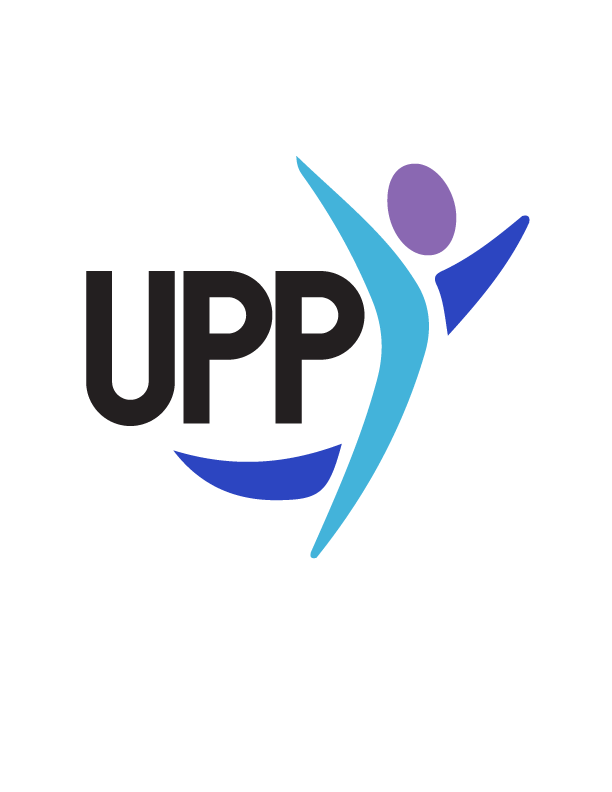WEEK 23- Introduction to Meaning
Equipment Required
Pen and Paper
PERMAH Element
Meaning
Teachers to read and facilitate the following:
Rationale
As humans we desire meaning and purpose in our lives. We want a reason for what we do and we want it to matter. The meaningful life consists of belonging to and serving something that we believe is bigger than ourselves (Seligman, 2011). When we have a sense of meaning and purpose- we are happier, more motivated, more committed and more satisfied. To find meaning we need to work out what our highest strengths are and use our strengths in the service of something we believe is larger than we are. We usually draw meaning from multiple sources, including family and love, work, religion, and various personal projects (Emmons, 1997). To find meaning we need to look for the positive difference we are making for others in our daily lives. How we think about the task we are doing, is more important than the task itself. For example, a cleaner at the hospital could feel that they are just sweeping floors and emptying bins; another might think they are working a job that will pay their bills and feed their family, another might think they are building a career that will lead to other opportunities and yet another might feel that they are fulfilling a calling that helps people to recover from illnesses by ridding the hospital of germs.
Description of Personal Wellbeing Practice: Make the mundane meaningful (Kern & McQuaid, 2017)
Think of a task that you find meaningless. It might be doing your chores, it might be a subject at school or time spent doing something you didn’t choose.
Now ask yourself “What could be the purpose of this task?”, “What would happen if I didn’t do this task at all? (or if no one ever did this task?)” and “How could this task possibly help me in the future, or how could it help someone or something else?”
Write down all your answers so you can see the bigger value of a little task.
Main message:
“It’s not what you do, but how much love you put into it that matters.” Rick Warren
UPP’s Personal Wellbeing Practices
A Personal Wellbeing Practice (PWP) is an evidenced-based positive psychology intervention, applied in school communities or other educational settings. At UPP, we have tried to make these PWP’s simple, concise and relevant for students and their teachers. The six elements for the Personal Wellbeing Practices are: Positive emotion (P); Engagement (E); Relationships (R); Meaning (M); Accomplishment (A); and, Health (H).
We hope that these evidence-based tools of positive psychology will enhance help people to thrive and live their best life, both within and beyond the school gates.
For more activities like this (and much more), check out THRIVE Online Lesson Modules for Pastoral Care and Wellbeing.
Unleashing Personal Potential

